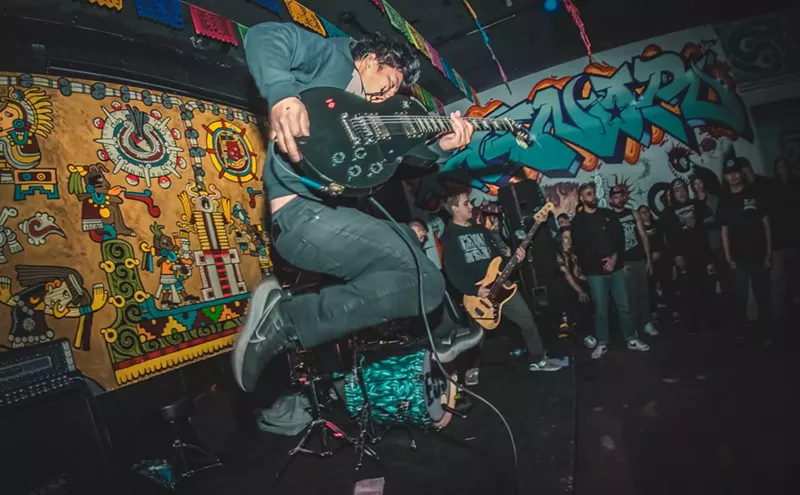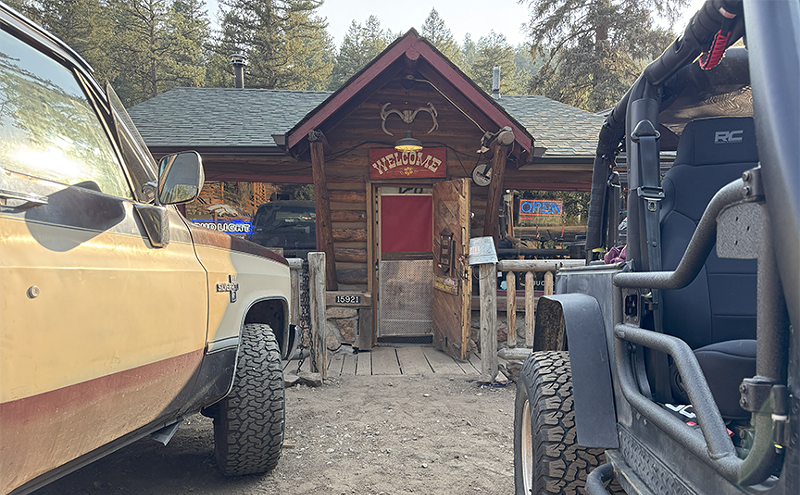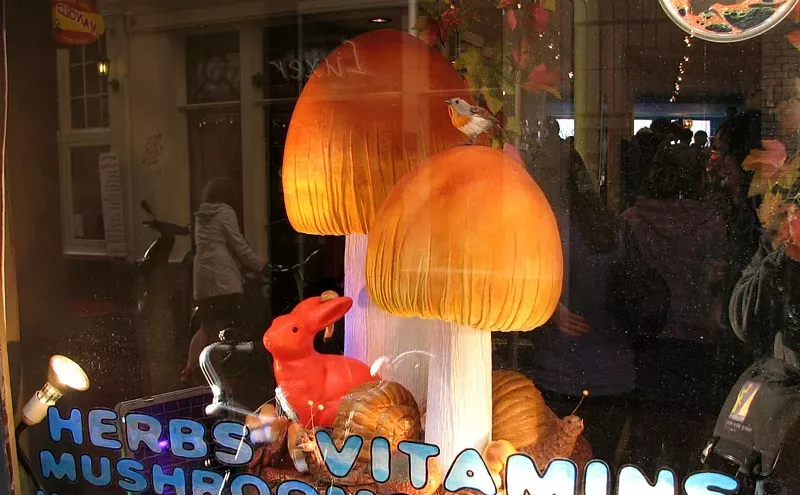When a major distributor such as Lionsgate releases a documentary on an inflamed social issue like child molestation, one expects the worst kind of pandering to the public hysteria so skillfully exposed in Andrew Jarecki's Capturing the Friedmans. But Amy Berg's Deliver Us From Evil, which begins as a portrait of a damaged monster and skillfully fans out to his many victims and enablers, lifts the subject clean out of private pathology into the realm where it belongs: the rampant and systematic abuse of theological and institutional power. There's no denying that Father Ollie is a very sick cookie with a criminal record that would have driven many a less well-defended molester to suicide long ago, whose scariest coping device is a habit of dissociation that not only allowed him to continue violating helpless children for so long, but now allows him to become a star witness against himself. We see him in videotaped testimony and with Berg, calmly recounting the where, what and how of his hundreds of conquests -- one can't call them seductions, since by the accounts of his prey, now predictably troubled adults, he simply got them to a quiet place and bent them to his will. Celibacy, currently fingered as the chief culprit in priestly abuse, is neither here nor there in Father Ollie's case, for he freely admits (that naughty-boy smile again) that nothing in the adult body turns him on as much as the smooth flesh of a tot in a swimsuit.
For the most part, Berg is a self-effacing presence, a quiet voice prodding discreetly when O'Grady occasionally flags or dodges a tough question. But you can see her background in television news (she has worked for CNN and on 60 Minutes) in a tendency to gild the visual lily. She shoots O'Grady in a cavernous cathedral, his face in strenuously symbolic shadow, or leaning over park railings eyeballing children at play. Personally, I could have done without the stagey drama and huggy shots of O'Grady's victims embracing before they set off on a fruitless attempt to get a sympathetic ear from the Vatican. Still, that takes the action to where it properly belongs, as Berg, armed with anguished testimony from the families of the abused and their lawyers, coolly serves up incontrovertible evidence that the Church knew about O'Grady's activities and moved him from parish to parish so as to avoid public scandal and the sabotaging of highly placed careers.
The sorry saga of stonewalling, buck-passing and brazen lying that has infected the Church's response at the highest levels is old news -- from Cardinal Roger Mahoney, still sitting pretty today as the Archbishop of Los Angeles (despite having lied through his teeth about how much he knew in the O'Grady case) to Pope Benedict (who presided over committees looking into priestly abuse before he took office) to George Bush (who granted the pope immunity from prosecution). But I don't know of anyone else who has laid out the underhanded mechanics of it all in such scrupulous detail. With the aid of Father Tom Doyle, a canon lawyer, historian and activist against abuse who opened his mouth and paid a hefty career price, Berg probes deeper to show how enforced celibacy and warped attitudes toward sex create a sexualized priesthood, and how Church theology -- especially the Eucharist, which at once aggrandizes the priest as an intimate of Christ and infantilizes his flock -- conspire with a careerist hierarchy to create fertile ground for corruption. Berg by no means excuses Father O'Grady, but she offers evidence of a devastating childhood that explains his pathology. For the ambitious creeps who allowed him to indulge it and who still sit in office, there's no excuse.








